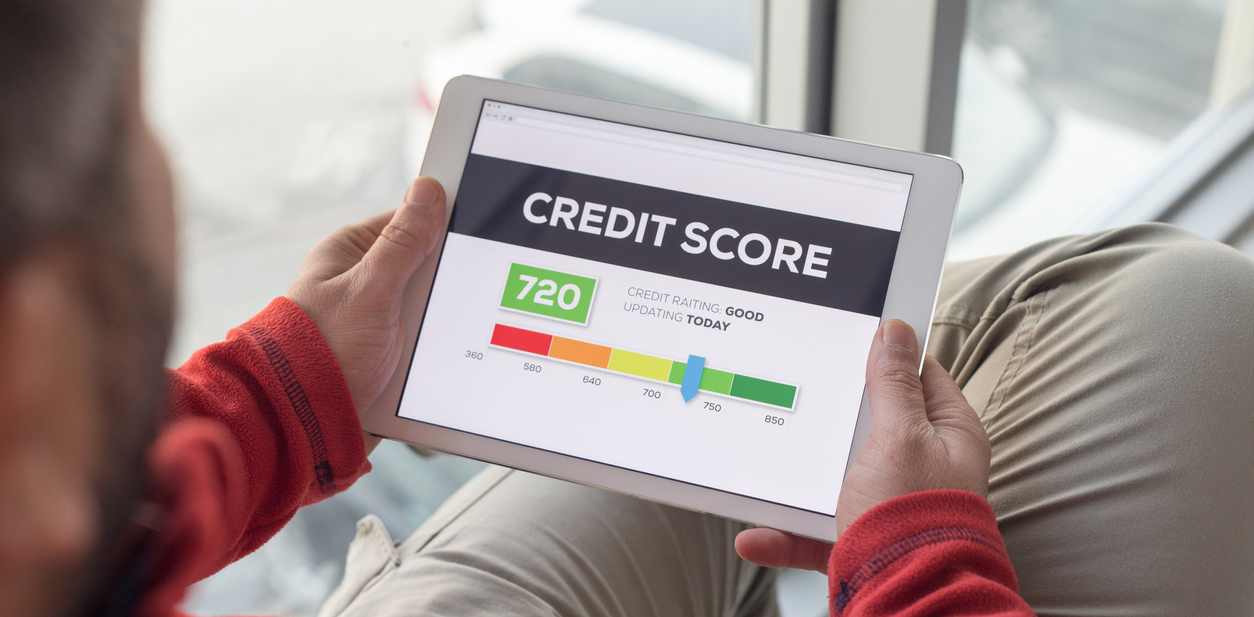Even if you plan to finance your next car, you may still need to make a down payment on that auto loan.
Let’s face it: Only a fraction of us will ever use cash to buy a car outright. In fact, according to a recent study by Experian, more than 85% of new car purchases were financed last year. This means that the vast majority of car-buyers will pay for their four-wheeled purchases with help of auto loans.
But just because you’re taking out a loan for your next car doesn’t mean that you will walk out the door without paying anything. There’s still your down payment to consider.
What Is a Down Payment?
A down payment is a partial contribution that you, as the buyer, are expected to make when you finance a purchase. Down payments are typically required to be made in cash, and are commonly requested for auto loans as well as home mortgages.
A down payment is essentially the bank’s way of ensuring that you also have a little “skin” in the purchase, instead of your lender taking on all of the risk. Depending on how small or large of a down payment you make, though, you also have the ability to impact your auto loan terms and scheduled monthly payments.
4 Benefits of a Down Payment When Buying a Car
There are a few great reasons to fork over a down payment on your new car purchase. Here’s a look at the ones we consider to be most valuable.
1. Better Approval Rate
In some cases, a down payment is unavoidable; there are some lenders who will require you to contribute a certain amount toward your vehicle purchase, even if the rest is being covered by an auto loan.
Whether your lender requires you to put up a down payment or not, doing so can boost your loan approval odds. Plus, offering to make a larger down payment can expand your auto loan offers even further, and may result in better loan terms.
Why? The larger the down payment you contribute to your auto purchase, the less your lender will then need to cover. The smaller the remaining loan, the less of a risk the bank is taking on… and in turn, the more likely they are to offer you competitive loan terms.
2. Lower Interest Rate
The interest rate you’ll pay on your new car purchase is heavily reliant on three factors: your personal credit score, the borrowing rate set by the Federal Reserve, and the level of risk that the lender is taking on. You don’t have any control over the Fed’s interest rate, but you can build a good credit score and help mitigate your lender’s risk.
As mentioned above, the larger your down payment, the lower your loan-to-value (LTV) ratio goes. This represents a lower level of risk for the lender, which can encourage them to offer you a lower interest rate in response. If you’re not getting the rates you want when loan shopping, try increasing your down payment.
(Keep in mind that you can always refinance your auto loan down the line for a better rate, if you simply can’t get the rate you want right now. Refinancing can save you money each month and over the course of your repayment by lowering your APR, your monthly payment, or both.)
3. Lower Monthly Payment
Your auto loan’s monthly payment is calculated based on the total loan amount and your loan’s repayment term, or the length of time you will have to pay back the debt. The math is simple here: the lower your total loan amount, the lower your monthly payment will be over the course of the loan.
For example, a $24,000 auto loan over a 48-month term will cost you approximately $500 a month. If you made a $4,000 down payment on that same car, though, and only financed $20,000 of the purchase, your monthly payments would drop to $416 a month. As far as your monthly budget is concerned, that’s an extra $84 a month of wiggle room for four entire years.
The best way to lower your total loan amount (aside from buying a more affordable car) is to increase your down payment.
4. Lower Debt Burden
The more you owe to creditors, the greater your overall debt burden. This alone can impact your creditworthiness, especially when compared to your monthly income.
If you have too high of a debt-to-income (DTI) ratio, lenders may be hesitant to approve you for additional products, such as a new home mortgage or even a lucrative rewards-based credit card. And one great way to ensure that your auto loan has a smaller impact on your DTI is to offer a higher down payment, thereby lowering your total loan amount and overall debt burden.
How Much Should My Down Payment Be?
The oft-heard narrative is that borrowers should put down around 20% of the total purchase price when buying a car (or a house). However, that number isn’t concrete. And based on recent data, it’s actually a long way off from buyers’ actual down payments.
According to Edmunds, the average down payment on an auto loan is about 11.7%, up from 9% in 2007. This is largely attributed to the fact that car prices have risen steadily over the years. As a result, many car buyers can’t afford to put 20% down anymore.
So, how much should your down payment be when buying a vehicle? As much as you can comfortably afford.
Your lender may have its own rules regarding minimum down payments and, as we touched on above, a higher down payment has plenty of benefits. But overall, there’s no set industry standard in terms of how much your down payment has to be.
Can I Buy a Car Without a Down Payment?
While a down payment is a common part of the car-buying process, it is possible to purchase a vehicle without putting cash down.
If you’re trading in a vehicle, you can often put that trade-in value toward your new vehicle’s purchase. Many lenders will allow this to act as a down payment of sorts, and you may not have to contribute anything else out of pocket.
Manufacturer lenders may offer promotions that require $0 down when buying a new vehicle, as well. Limitations may also apply; for instance, the dealership may say that you are only be able to buy a brand new vehicle or certain models.
Lastly, some bank lenders may allow for zero-down auto loans. Just note that forgoing a down payment may result in a higher interest rate or maximum loan limits.
Do I Need a Down Payment to Refinance My Car?
As time goes on, you may decide that it’s time to refinance your auto loan. Refinancing brings with it many benefits, to include lowering your loan’s interest rate, lowering your monthly auto loan payment, getting you out of debt sooner, or all three.
But do you need to put down a down payment when you refinance your car? And can you take advantage of those refinancing benefits — like lowering your monthly car payment — if you didn’t make a down payment when you originally purchased?
More often than not, you won’t need to make a down payment when refinancing your car. This is especially true if you put down enough when you bought the vehicle in the first place. However, there are situations where your refinance lender will expect you to make a down payment on your new loan.
A lender may require a down payment on your refinance loan if your loan-to-value (LTV) ratio is too high. Essentially, you owe too much on the vehicle compared to its market worth. Lenders’ LTV limit is usually around 130%, but this might be lower if you have bad credit or if your credit score isn’t high enough.
By making a down payment, you help reduce the LTV — ideally, to 120-130% or less — and lower the vehicle’s negative equity. This mitigates the risk that the lender takes on, and allows them to comfortably offer you a competitive refinance loan.
A lender may require a down payment on your refinance loan if your loan-to-value (LTV) ratio is too high.
Final Thoughts
Even if you plan to take out an auto loan for your next car purchase, you’ll usually be expected to contribute something out-of-pocket before you walk out the door with those new keys. Your down payment may vary according to your lender, your credit, and even your trade-in (if applicable), but it’s something you need to plan for when shopping around.
Down payments on car loans aren’t always required, but they are very common; you may even need to make a down payment when refinancing your car, in fact. By planning (and saving) accordingly, you can ensure that your down payment won’t break the bank while still granting you access to a competitive auto loan.
About The Author
RateGenius
A better way to refinance your auto loan. RateGenius works with 150+ lenders nationwide to help you save money on your car payments. Since 1999, we've helped customers find the most competitive interest rate to refinance their loans on cars, trucks, and SUVs. www.rategenius.com
;)












